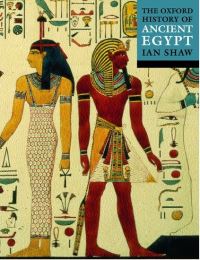Description
An engrossing history of the desperate battles for the Rzhev Salient, a forgotten story brought to life by the harrowing memoirs of German and Russian soldiers.
The fighting between the German and Russian armies in the Rzhev Salient during World War II was so grisly, so murderous, and saw such vast losses that the troops called the campaign ‘The Meat Grinder’. Though millions of men would fight and die there, the Rzhev Salient does not have the name recognition of Leningrad or Moscow. It has been largely ignored by Western historians – until now.
In this book, Prit Buttar, a leading expert on the Eastern Front, reveals the depth and depravity of the bitter fighting. He details how the region held the promise of a renewed drive on Moscow for the German Army – a chance to turn the tide of war. Using German and Russian first-hand accounts, Buttar examines the major offensives launched by the Red Army against the salient, all of which were defeated with losses exceeding two million killed, wounded or missing, until eventually, the Germans were forced to evacuate the salient in March 1943.
Drawing on the latest research, Meat Grinder provides a study of these horrific battles but also examines how the Red Army did learn from its colossal failures and how its timely analysis of these failures helped pave the way for the eventual Soviet victory against Army Group Centre in the summer of 1944, leaving the road to Berlin clear.




